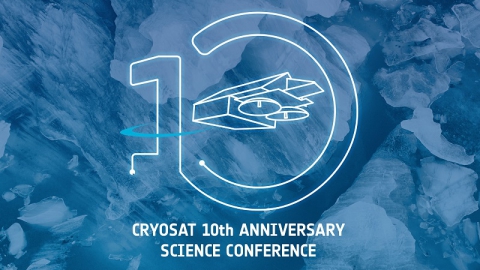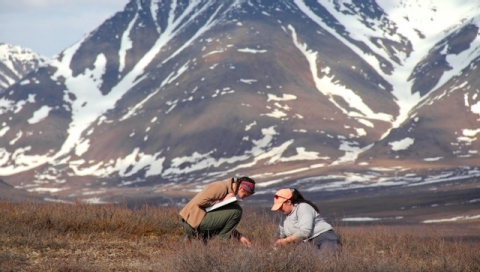DUE TO THE CURRENT COVID-19 SITUATION THE CONFERENCE HAS BEEN POSTPONED FROM 7-8 JANUARY 2021 TO 9-11 JUNE 2021. Due to the current COVID-19 situation, the conference will be held in a hybrid format with both physical and online attendance. To keep the number of physical participants at the required minimum, we have to limit physical attendance to include only conference presenters. However, we are happy to invite the public to follow the streaming of the conference’s plenary and parallel sessions. Participation is free of charge, but registration is required.
As we approach the year 2021, Greenland and Denmark can look back at 300 years of colonization and resistance, continuous cultural encounters and relationship-building, cooperation and conflict. Whereas in Denmark the bicentennial year 1921 occasioned colonial self-congratulation, the tri-centennial anniversary arguably calls for reflection, assessment and re-evaluation of past and current relations – not least to enable both societies to better conceive of new ways of relating to each other in the years ahead. Recent governments in Greenland have initiated commissions on both reconciliation with the past and constitutions for the future. The resonance of both initiatives with the broader Greenlandic public, however, remains to be seen. Meanwhile, Danish public debates oscillate between serious attempts at introspection, attempts to find new ways to re-relate, uncritical celebration of cultural difference, self-complacent paternalistic concern, and even outright animosity. In between, new generations of Greenlanders and Danes rediscover each other anew, sometimes in the spirit of creative coexistence, but often in the shadow of received wisdom and prejudice.
Non-scholarly debate and encounters thus continue to reaffirm or reconstruct aspects of the Greenland-Denmark relationship. Hence, this is a most pertinent time also for scholars in the human and social sciences to come together and add some academic perspective: Aiming to serve as a platform for a tri-centennial stocktaking, we invite panel sessions and papers presenting and discussing analyses from across the human and social sciences for a conference on ‘GREENLAND-DENMARK 1721+300=2021’.
The conference offers itself as a platform for panels presenting and discussing thematic and disciplinary evaluations, as well as on-going projects within the overall theme. Hopefully, panels will result in a series of individual and collective publications. If feasible, select papers will be published in an English language special issue, and a separate selection will be published in a Danish language edited volume. Furthermore, we are proud to announce the inauguration of a Best Paper Award under the auspices of Forum for Arctic Human and Social Research (FAKS).The award comes with guaranteed publication of the successful paper in the well-established Arctic Yearbook. Panel conveners will carry out the initial nomination of papers, and a committee under FAKS will make the final assessment and decision. The winner of the Best Paper Award will be announced during the conference.
The organizers have particularly encouraged young scholars to initiate panel sessions, and all panel session organizers to consider involving promising, advanced students. While the core focus is on Greenland-Denmark relations, panel sessions which go beyond these to discuss Greenland in comparative perspective or as part of a region in a highly interconnected world, have also been welcomed. Keynote lectures will complete the programme. The conference will proceed in Danish/Scandinavian or English depending on the preference of the speakers in individual panels/sessions.
Please follow the link above for more information.


